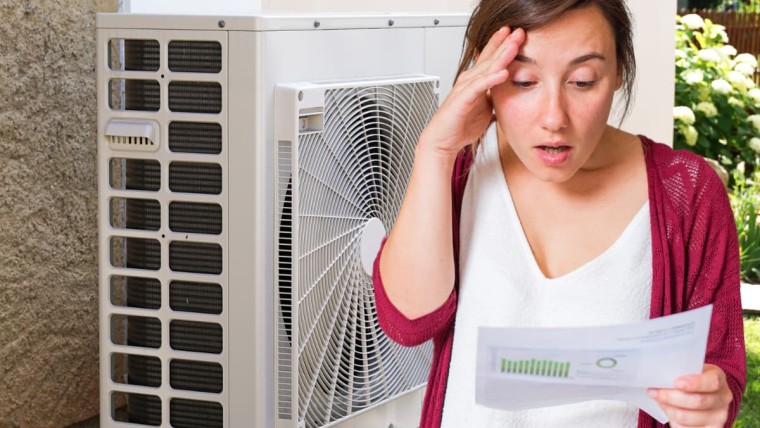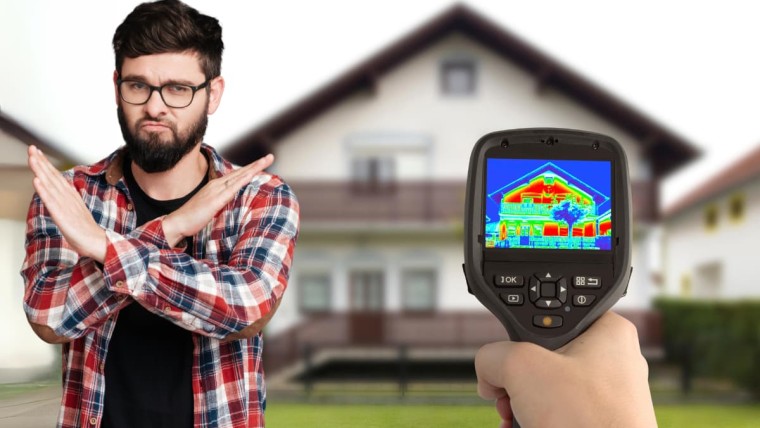You may think that your 100m2 home consumes a reasonable amount of electricity. However, you may be surprised by the reality.
In fact, your home could consume more electricity than you think. In this article, we'll explore the details of electricity consumption in a home of this size. We'll also discuss factors that could influence excessive power consumption.
Finally, we'll give you tips on how to reduce electricity consumption of your 100m2 home. Get ready to discover information that could well change your perception of the energy you consume on a daily basis. Are you ready? Then let's get started!
Understanding the electricity consumption of a 100m2 house
The electricity consumption of a 100m2 house can vary according to a number of factors. Above all, it's important to understand that the size of the house is not the only factor determining electricity consumption.
The energy efficiency of electrical appliances, the number of people living in the house, and consumption habits also play a major role.
For a 100m2 house, average electricity consumption can vary between 15,000 kWh and 20,000 kWh per year. This represents €5,000 to €5,400 per year in 2024. This may sound like a lot, but it's actually quite common for a house of this size.
However, if your consumption exceeds these figures, your home may be more energy-intensive than average. It is therefore essential to understand how your home's electricity consumption is calculated, so that you can identify any problems and take the necessary steps to reduce your consumption.
Factors influencing excessive power consumption
The electricity consumption of your 100m2 home can be influenced by several factors factors. First of all, the number of electrical appliances you use on a daily basis has a significant impact. The more appliances you have, the higher your consumption will be.
What's more, the way you use these devices can also increase your consumption. For example, leaving your appliances on standby or using them at maximum power can lead to excessive electricity consumption. The way you use your tumble-dryer or dishwasher also has a major influence on your final electricity bill, as these two machines are among the biggest consumers of KWh.
The insulation of your home also plays an important role. A poorly insulated house requires more energy for heating and cooling. In the case of very poor insulation, we speak of a thermal sieve. Some regions of France are more affected by this phenomenon than others, and more exposed too. The Jura, for example, a very cold region, is home to a large number of electrically-heated heat sinks, which often leave their owners worse off after the EDF bill.
Finally, your energy behavior can also influence your consumption. For example, leaving the lights on unnecessarily, or using the heating when the windows are open, can significantly increase your electricity consumption. The latter habit is more common than you might think, and forces the heating to keep running to reach a set point it will never reach as long as the window is open.
How can you reduce the electricity consumption of your 100m2 home?
There are several effective ways to reduce electricity consumption of your 100m2 home. First of all, be aware of your consumption habits.
For example, turn off lights when you leave a room and unplug electronic devices that are not in use. Then consider investing in energy-efficient appliances.
These appliances may cost more up front, but they'll save you money on your electricity bills in the long run. What's more, insulating your home can play a major role in reducing your energy consumption.
A well-insulated home requires less energy for heating and cooling. Finally, the use of renewable energy sources, such as a heat pump or solar panels, can also help reduce your electricity consumption. By adopting these measures, you can not only reduce your electricity bills, but also help protect the environment.
A heat pump, although electric, will cost you 2 to 4 times less than pure electric, and can even take electricity from what your solar panels produce during the day (or tap into a stockpile if you have batteries).

Julien G.
Juliena mechanical engineering graduate and specialist in climate engineering since 2009, has become a writer specializing in renewable energies, with expertise in heat pumps and photovoltaic solar panels for individual housing.
See all articles by this author






